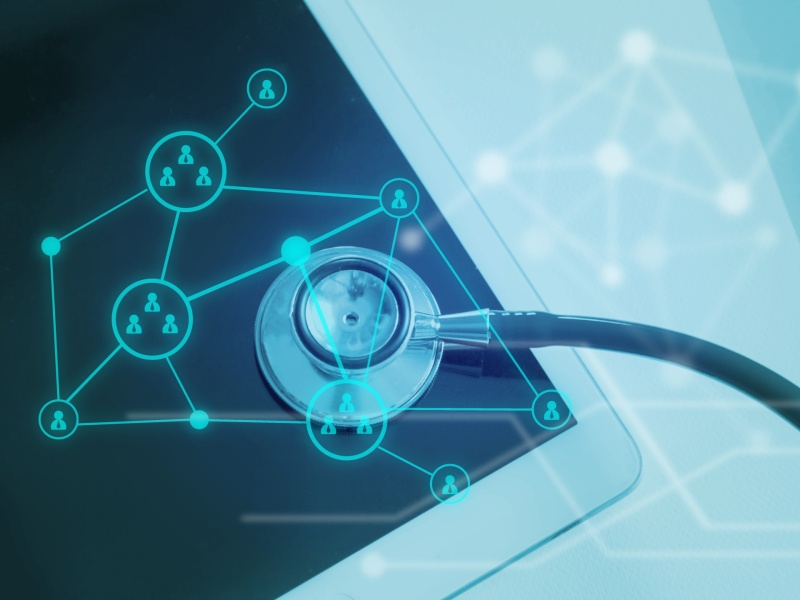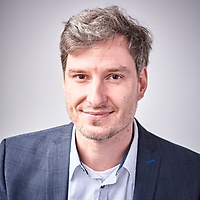The potential of artificial intelligence (AI) in healthcare is enormous. The technology is able to improve many processes in the running of hospitals and, with them, patient care. It also helps with the development of new treatment methods and the diagnosis of illnesses. The potential for analysing images is particular extensive, because the algorithms are excellent at detecting abnormalities in the images that indicate diseases. It also offers a wide range of opportunities for the medical start-up dermanostic, with its app of the same name that helps detect skin diseases and which relies on adesso’s comprehensive expertise in evaluating the potential of AI.
Within the scope of a proof of concept (PoC), adesso teamed up with dermanostic to investigate whether and how machine learning models can be trained to detect skin diseases, in order to enable automated diagnoses in future. The AI specialists at adesso refined existing image evaluation models and trained them using over 50,000 actual skin images from the dermanostic app. The challenge presented with this approach was that smartphone photos are usually imperfect, meaning that the algorithms not only have to deal with poorly lit photos that are sometimes out of focus, but also reliably identify the parts of the skin in the photo and the areas of the skin to be examined. It is also crucial that the selection of images used during the training phase is well balanced so that the algorithms do not become one-sided and simply suggest common skin issues, such as acne, because they are usually correct.
adesso and dermanostic have obtained important insights through the PoC, such as that a larger volume and wider variety of training data is needed with different skin types and skin diseases. In addition, it is sensible to perform image presegmentation to train the algorithms in a more targeted manner regarding specific diseases, and to label the relevant image contents to improve recognition. Both of these tasks need to take place automatically due to the large volume of images. The experts have already tested this in the PoC and have achieved significantly better training results through this method. More specific information in the app, such as how to focus photos, could also be helpful in the future to improve image quality and facilitate automated diagnoses.



